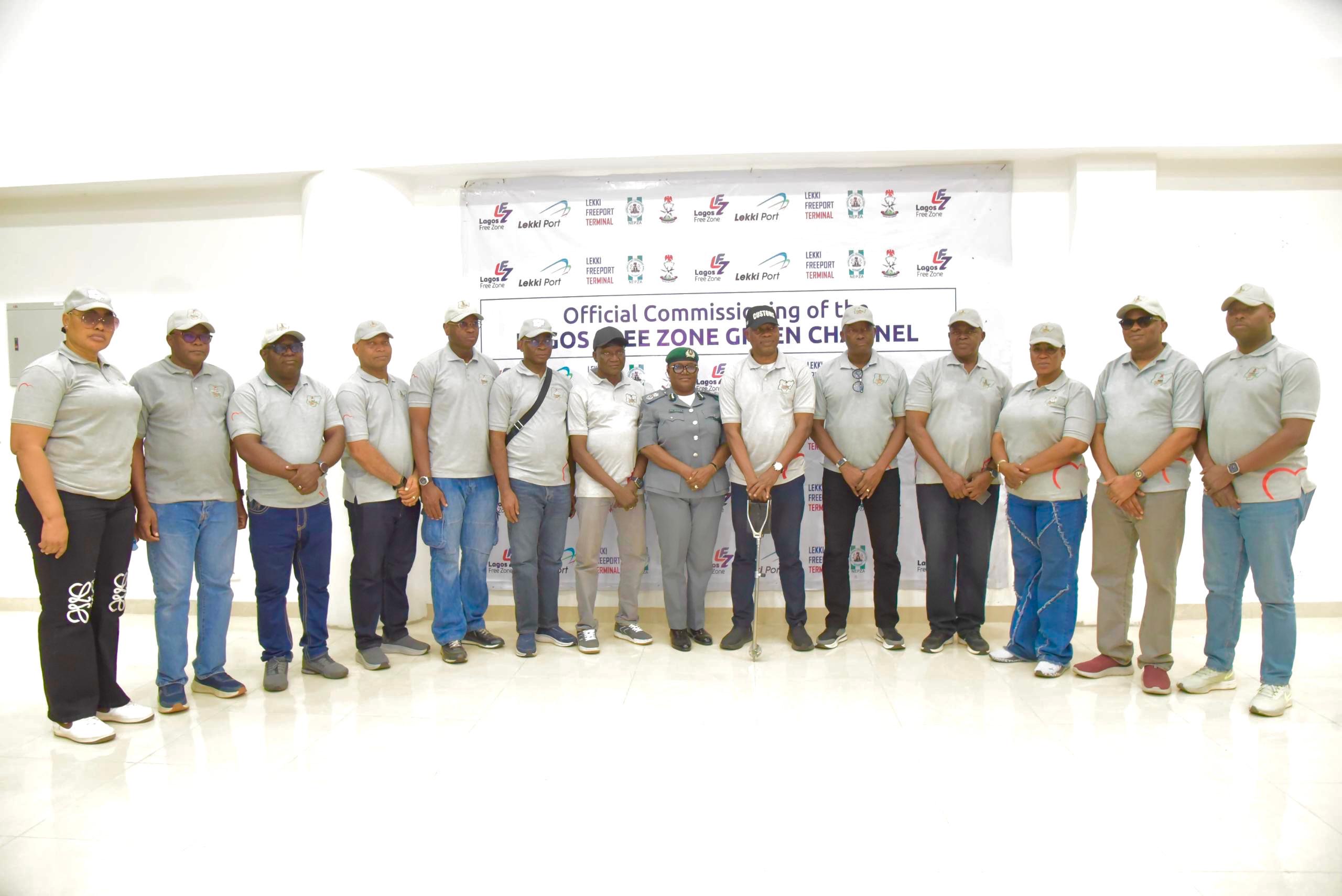By Nkechi Eze
Executive Chairman of the Economic and Financial Crimes Commission (EFCC), Mr. Ola Olukoyede, has urged law enforcement agencies worldwide to strengthen alliances and deepen collaboration in order to effectively tackle the menace of cross-border economic crimes.
According to a statement by EFCC spokesperson, Dele Oyewale, Olukoyede made the call on Tuesday, September 2, 2025, while leading discussions at the 42nd International Symposium on Economic Crimes, held at Jesus College, Cambridge, United Kingdom. He spoke on the topic: “Problems Facing Enforcement and Judicial Agencies in Dealing with Cross-Border Economic Crimes”, addressing more than 1,000 participants drawn from across the globe.
Represented by the EFCC’s Director of Legal and Prosecution, Sylvanus Tahir (SAN), Olukoyede outlined a series of daunting challenges that continue to undermine the fight against transnational economic crimes. He listed the growing sophistication and extensive networks of criminals, rapid advances in digital technology, weak regulatory frameworks across jurisdictions, difficulties in tracing and recovering stolen assets hidden abroad, differences in national laws, poor information-sharing mechanisms, weak identity management systems, and limited capacity of law enforcement agencies as key obstacles.
“One of the major problems in dealing with trans-border financial crimes is the sophistication and extensive network of accomplices. Advances in digital technology make it easy for criminals to defraud their victims and move the proceeds of crime across several borders in a matter of minutes. Increasing sophistication of digital technology makes the tracing of proceeds of organized crime also difficult,” he explained.
To overcome these hurdles, the EFCC chairman underscored collaboration as the most potent weapon. “Collaboration is the only way the world can harness its resources to deal with cross-border economic crimes as no nation is spared,” he stressed.
He highlighted EFCC’s growing successes in the fight against economic crimes, crediting partnerships with global law enforcement bodies such as the Federal Bureau of Investigation (FBI), the Royal Canadian Mounted Police, and Interpol for joint operations that have yielded significant results. “We benefit from collaboration and joint operations with international law enforcement organisations like the FBI, and I will recommend the model to the rest of the world,” he said.
The Cambridge International Symposium on Economic Crimes, which began on Monday, September 1, 2025, has for more than four decades served as a global rallying point for policymakers, law enforcement agencies, judges, administrators, and government officials from over 100 countries to deliberate on contemporary challenges in the fight against economic crimes. The week-long event is expected to conclude on Monday, September 8, 2025.














